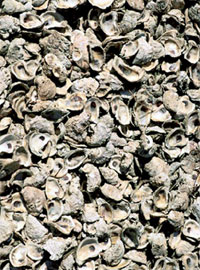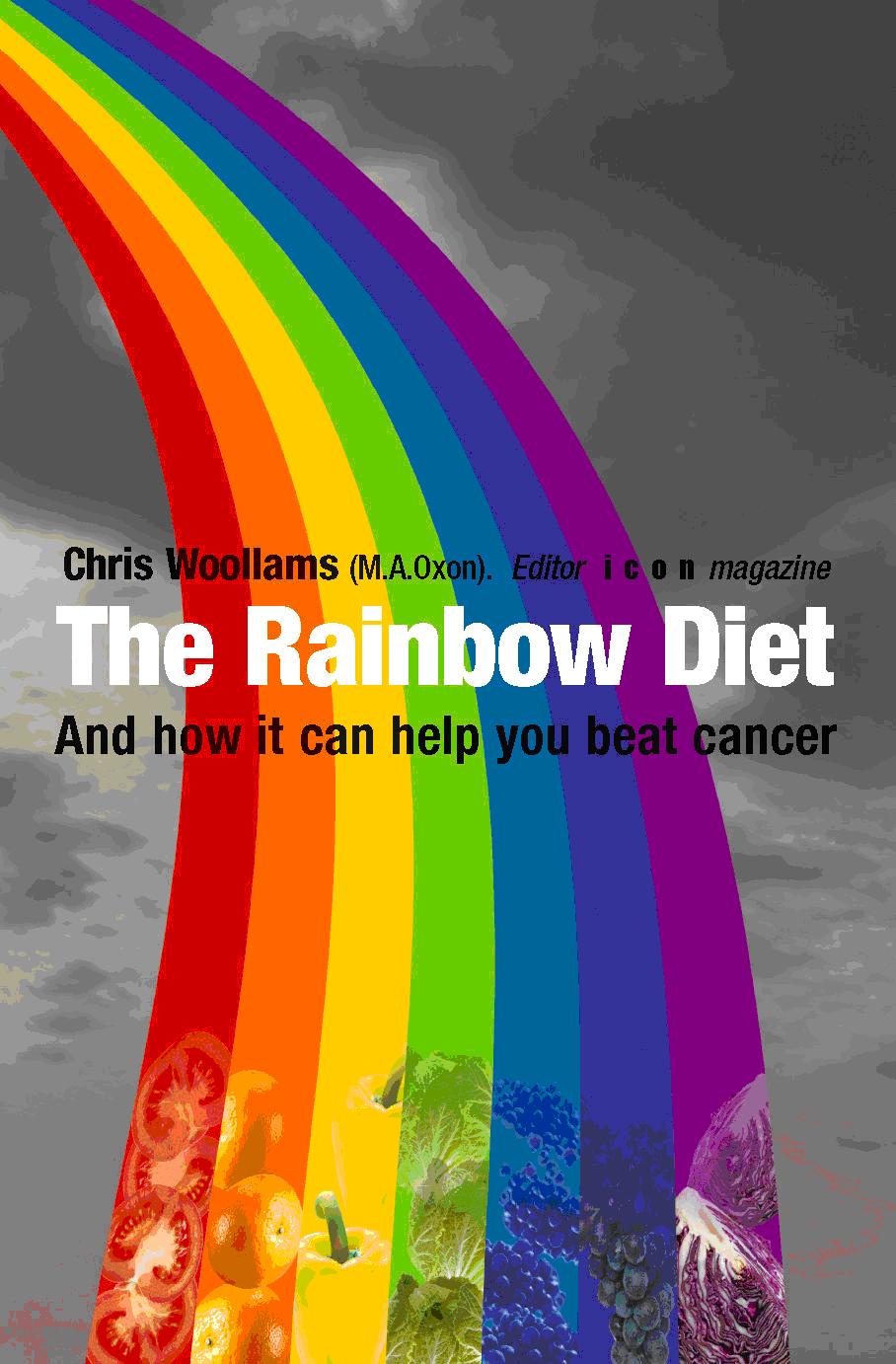Originally published in March-April 2004 icon

It’s Still a Mystery

Some writers refer to zinc as an antioxidant and although strictly speaking that is not true, it certainly helps other known antioxidants do their job.
The total body contains about two to three grams of zinc, a level second only to iron as a mineral. It is crucial for healthy growth in mammals.
The RDA is 15 mgs and symptoms of zinc deficiency are a reduced immune system, poor wound healing, susceptibility to infections, loss of taste, smell and appetite, hair loss and skin rashes.
Zinc will slow the greying of your hair, prevent white spots on your nails (a sign of deficiency) and it is crucial to a healthy prostate and a healthy sperm count in men.
An excess of dairy reduces the body’s ability to absorb zinc. In turn, this will make children "picky eaters" and reduce their appetites. So giving milk to kids is no food substitute - it worsens the situation when kids do not eat.
Alcoholics and people taking B6 need higher amounts of zinc.
Sources
Best sources are wheat germ, liver and oysters, followed a long way behind by pumpkin and sunflower seeds then nuts like pecan and brazils, steak and other meats.

An excess of dairy reduces the body’s ability to absorb zinc

The biggest problem in the Western World is that the process of refining wheat removes around 80 per cent of its zinc content.
Not surprisingly one UK Government study found that zinc intakes for men and women were only SO to 75 percent of recommended levels.
Zinc is available as a supplement in sulphate, gluconate, picolinate and other forms all of which are well absorbed,
What Does it Do?
Zinc is involved everywhere in the body. It helps the action of vitamin C and is helped itself by vitamin A.
It is involved with many metabolic enzymes and is a constituent of the important antioxidant enzyme superoxide dismutase. Thus it plays a part in preventing the formation of free radicals and also of neutralising them.
It is capable of boosting the immune system and particularly the number of white cells in the blood stream. Results from Belgium in 1981 showed that a group taking zinc suppLements had significantly higher circulating white cells and antibodies to an infecting agent than the control group.

It is capable of boosting the immune system

Finally, one of zinc’s most important functions is in the synthesis of both RNA and DNA. Somer (Harper Perennial 1995) coupled these last two points and concluded that therefore zinc must play a role in cancer prevention. However, to date, no one has actually discovered it!
The fact is that where zinc is concerned, the biochemistry of its action is still in its infancy. "The effects of zinc on the initiation and progression of cancer are not well established, although the negative effects of zinc deficiency on the immune system are clear" (Linder MC Nutritional Biochemistry and Metabolism: Elsevier Science Publishing 1991).
There is a view that zinc, which is normally stored in a healthy prostate, can be displaced by toxic heavy metals such as nickel, and that these are implicated in prostate cancer. In a paper presented to the American Society for Cell Biology 2001 it was reported that malignant prostate cells lose the ability to accumulate zinc. A healthy prostate has between 3 and 10 times more zinc than any other tissue, but a malignant prostate has very low levels, Fenn, Franklin and Costello of the Greenbaum Cancer Centre reported that high levels of zinc act as a brake on runaway prostate cell growth by increasing malignant cell death. Malignant cells’ mitochondria lose the ability to utilise zinc, and then multiply uncontrollably, Zinc supplements triggered an enzyme called cytochrome C which caused apoptosis.

Whilst it is clear that zinc plays a part in the cancer process, no one really knows what part

However to counter this, Leitzmann et aI (J.Nat Cancer Inst. 2003, July) tracked 46,974 men from 1986 to 2000 and showed that men who consumed more than 100 mgs of zinc per day had just over twice the risk of prostate cancer, as did men who took supfremental zinc for 10 years or more!
If you are already thinking of buying Zinc, click here to see what the Natural Selection has in store.
Summary
The problem for everyone reading this piece is who to believe. Whilst it is clear that zinc plays a part in the cancer process, no one really knows what part. With prostate cancer, clearly taking too much may worsen your risk (too much being over 100mg per day, or too much may be every day - although the research did not quantify the level). Equally the level to cause apoptosis is not confirmed.
So it all remains a mystery for the time being.

 At last - the definitive, research-based book on how to build a diet to help beat cancer. Click here to read about it.
At last - the definitive, research-based book on how to build a diet to help beat cancer. Click here to read about it.
Please be clear: At CANCERactive we do not consider the above compound to be a cure for cancer, despite what the research says or experts doing the research may claim. The above, is an article on the compound from published research and expert opinion in the public domain. At CANCERactive we do not believe that any single compound (drug, vitamin, whatever) is a cure for cancer. We believe that people can significantly increase their personal odds of survival by building an Integrated Programme of treatments. Equally, cancer prevention is best practiced through a width of measures.